What do Christians mean when they call themselves Bereans?

Berean Bible Believer
Are YOU one?
No doubt you have your own imagery.
(Let’s set our pictures of the past aside for a moment and go straight to the source – THE BIBLE – for some context of Paul’s visit to Berea.)
Acts of the Apostles 17:
So IF you are a Berean sort of believer you will first want to examine the Scriptures of our Source. Here they are!
10 The brothers immediately sent Paul and Silas away by night to Berea, and when they arrived they went into the Jewish synagogue.
Now these Jews were more noble than those in Thessalonica; they received the word with all eagerness, examining the Scriptures daily to see if these things were so.
Acts of the Apostles 17:11 – English Standard Version
12 Many of them therefore believed, with not a few Greek women of high standing as well as men.
13 But when the Jews from Thessalonica learned that the word of God was proclaimed by Paul at Berea also, they came there too, agitating and stirring up the crowds.
14 Then the brothers immediately sent Paul off on his way to the sea, but Silas and Timothy remained there.
A Brief Stay in Berea
Luke, as you can see, covers this apostolic visit to Berea in just four and a half verses. And from their arrival [v. 10b] until Paul’s hurried departure [14a] even less time and scripture.
Yet hardly a Protestant Church lacks a “Berean” Bible Study or group of some sort (even those churches lacking a Berean store front to bring in believers of the Bible).
Βέροια – Berea or beroia
Pronunciation
ber‘-oy-ah
Modern Veria in Central Macedonian Greece
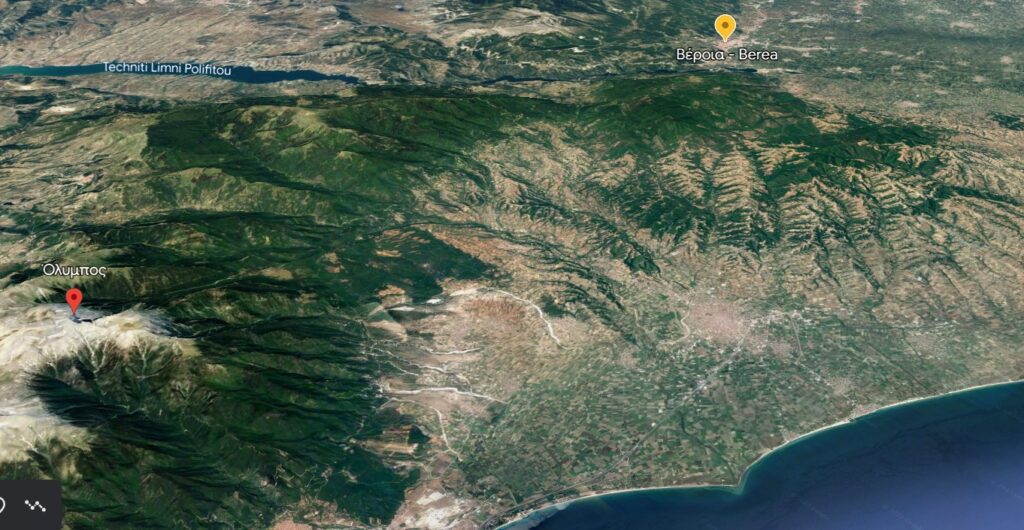
Although the drama of Paul in this place was most brief, the mythical influence of the ancient Greek gods of Mount Olympus impacted nearby Berea. Olympus is a familiar stage of the Hellenist culture of all Greece.
The Clash of Titans and Cultures
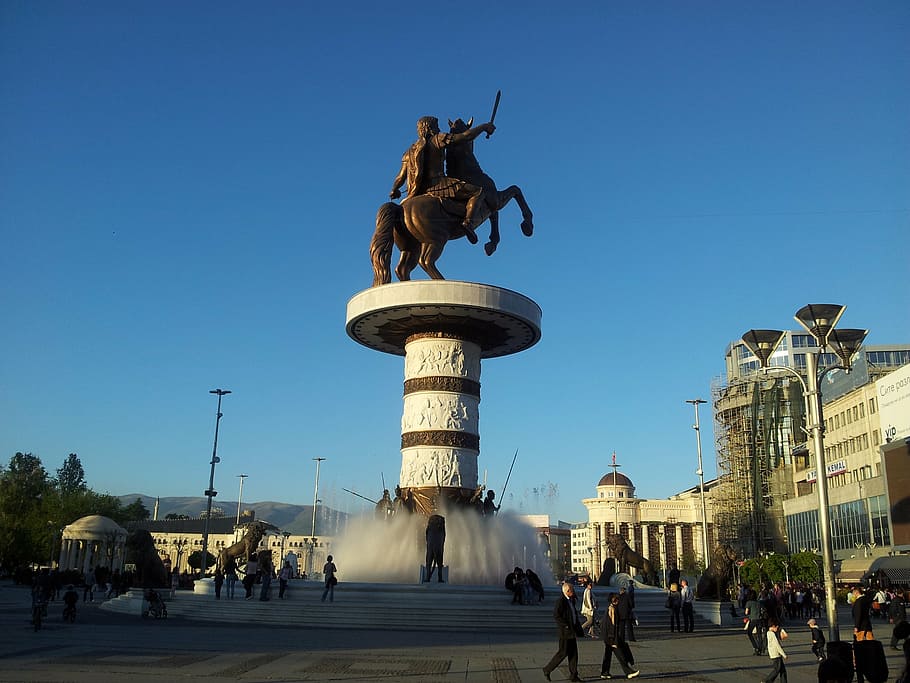
ALEXANDER – the Great Macedonian
The former classical glory of Alexander’s empire had faded into a Hellenist culture for nearly four centuries and was then absorbed into a modern Roman culture of the A.D. 1st century.
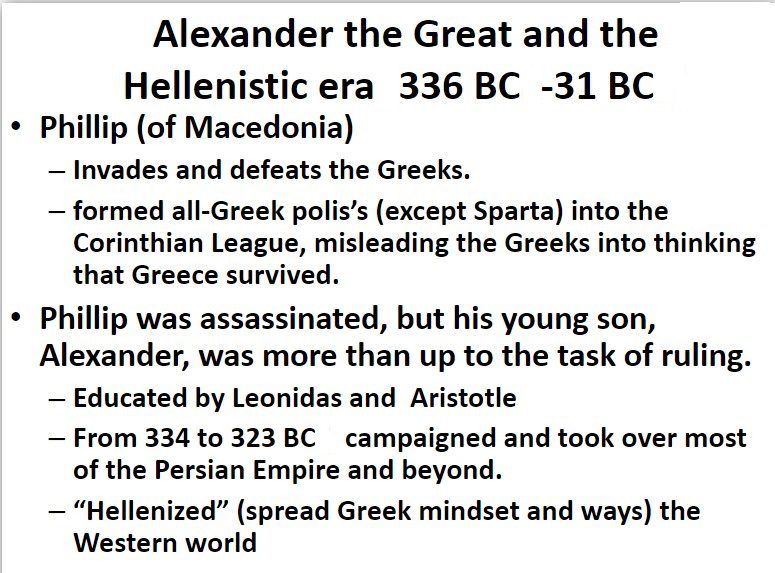
As Rome’s Caesars sought to conquer the vast lands ruled by Alexander they discovered that the same ancient Babylonians, Medes and Persians to the East had all been influenced by the Hellenist culture of Alexander.
A Pax Romana created a culture of peace with Rome’s captive peoples and incorporated their gods and traditions into local practice.
![The Statue of Zeus at Olympia was a giant seated figure, about 12.4 m (41 ft) tall,[1] made by the Greek sculptor Phidias around 435 BC at the sanctuary of Olympia, Greece, and erected in the Temple of Zeus there. Zeus is the sky and thunder god in ancient Greek religion](https://talkofjesus.com/wp-content/uploads/2022/11/Le_Jupiter_Olympien_ou_lart_de_la_sculpture_antique.jpg)
The cultural clashes between Jews, Greeks and other Hellenist-influenced peoples of the Roman Empire are inevitable, undeniable and central to Paul’s proclamation of the Gospel to Greeks.
No better place than Berea near Mount Olympus to set the stage for the world into which these apostles have been sent to proclaim the Gospel of Jesus Christ.
What is Luke’s point in Acts 17:11?
FIRST, what it is NOT:
The Scriptures here are NOT the New Testament (which will later include two letters of Paul to to the Thessalonians).
And although like in OTHER Jewish synagogues Paul undoubtedly had proclaimed the Gospel to these Jews AND probably shared the letter from the Council of Jerusalem with believers, the SCRIPTURES referenced here were EXCLUSIVELY ‘Old Testament’ similar to earlier preaching of Peter, Paul, Stephen and others connecting it all to Jesus the risen Messiah of Israel.
Nobility
Why does Luke refer to these Jews as ‘more noble than those in Thessalonica?’
(After all, Paul will later write two encouraging letters to those in Thessalonica and the Epistles do NOT include a single correspondence to Berea.) Let's take a 'Berean' examination of the Scriptures illustrating Luke's meaning.
“noble” occurs 18 times in 16 verses in the ESV, yet only 7 times in 7 verses in the KJV.
Hear, for I will speak noble things, and from my lips will come what is right, for my mouth will utter truth; wickedness is an abomination to my lips. Proverbs 8:6-7 ESV Yet I had planted thee a noble vine, wholly a right seed: how then art thou turned into the degenerate plant of a strange vine unto me? Jeremiah 2:21 KJV (after the LORD asking Judah in v.11: Hath a nation changed their gods, which are yet no gods?
Luke, using Greek also common to Macedonia’s Roman rulers uses the word εὐγενής, meaning, ‘more noble-minded.’
Nobility refers associatively to a higher class; kings, princes, the well-born of certain families.
(Remember that Roman, Hellenist or Greek and Eastern cultures included many slaves as well; although Christ taught that more slaves than rich would follow the righteousness attached to nobility and ‘leading Jews.’)
Paul later addresses two Roman Governors as ‘most noble’ when addressing them.
It is this same meaning attached to the Greek women of high standing [v.12] as well.
Why are they more noble-minded?
Rather than being dissuaded by cultural arguments of leading Jews who rejected Jesus the Messiah of Scripture these Berean Jews examined what Paul had taught from the Scriptures.
δέχομαι – they received the word [logos]
Luke also records an attitude perhaps equally important to new Christians receiving the Word, who was and IS and will be, the LORD God of the heavens and earth.
“they received the word with all eagerness.”
Your Savior from sin and death, the Messiah of Israel will be the judge of ALL men. JESUS saved you!
SO DO YOU RECEIVE OUR LORD WITH ALL EAGERNESS?
μετά [meta] πᾶς [pas] προθυμία [prothymia]
‘with great (or all) eagerness‘
zeal, spirit, inclination, readiness of mind
The Macedonians of these towns and cities who examined the true witness of the Hebrew Scriptures and obeyed the guidance of the Council of Jerusalem formed a strong, vibrant, and spirited church who witnessed the Good News of Jesus Christ to all the Hellenists, Romans and anyone else who believed.
Paul’s briefer stay in Berea
14 Then the brothers immediately sent Paul off on his way to the sea,
Christians generally note the moving on of the apostle Paul to Athens and what will become one of his most important speeches. However here we will continue our focus on the work of two remaining apostles sent out to Macedonia, Silas and Timothy.
Timothy and Silas in Berea
.. but Silas and Timothy remained there. 15 Those who conducted Paul brought him as far as Athens,
and after receiving a command for Silas and Timothy to come to him as soon as possible, they departed.
While the Berean brothers helped Paul to flee the Thessalonian Jewish posse, Silas and Timothy stayed on (as Paul and other apostles had done in the past) to organize this church who studied the Scriptures daily.
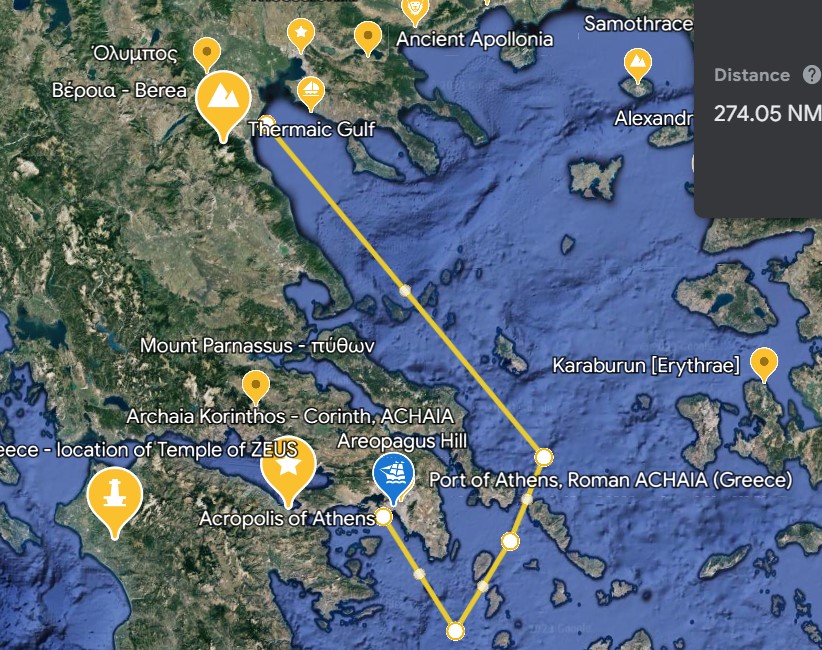
Once arriving in distant Athens, Paul then commands them to return home and send Silas and Timothy to continue their journey later when they too will finally arrive from Macedonia NOT in Athens, but in the larger nearby city of Corinth.
When Silas and Timothy arrived from Macedonia, Paul was occupied with the word, testifying to the Jews that the Christ was Jesus.
Acts of the Apostles 18:5 ESV
NEXT: Paul in Athens, ACHIA
To be continued…
ACTS of the Apostles 17:16-
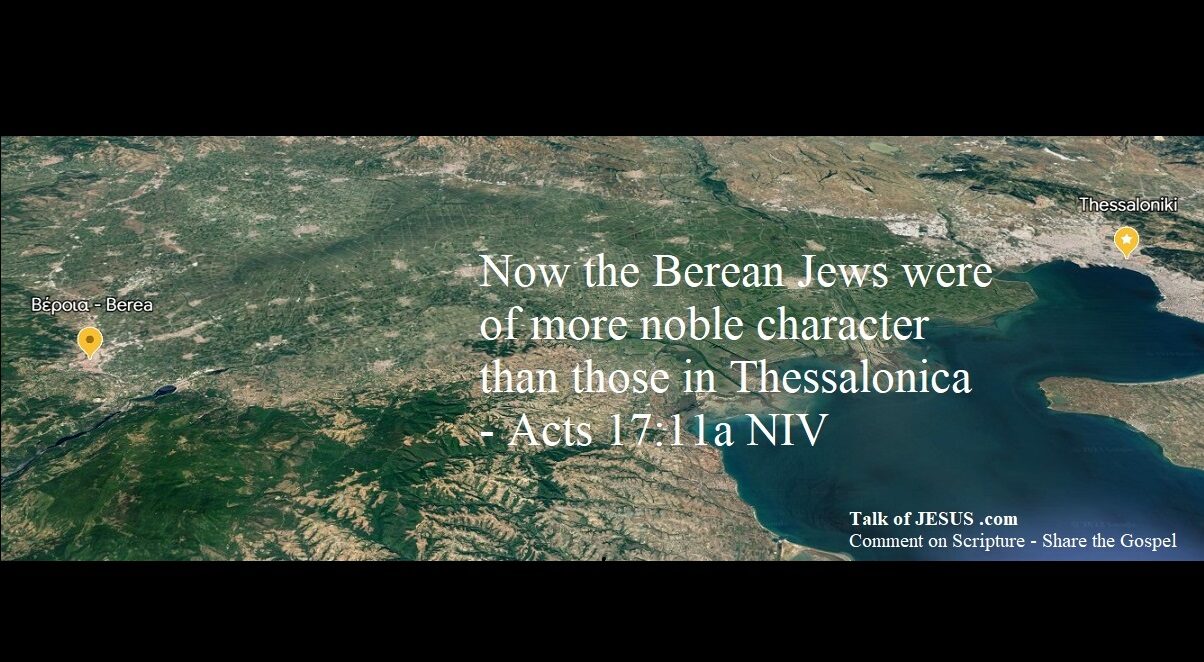

Leave a Reply